Are you aware of the differences between the types of equity compensation? Equity compensation is how most businesses boost their cash flow. There are multiple different types, and we are going to go over the basics of each of them in this article. Should you have any questions, we are here to help. Keep reading to learn more!
The different types of equity compensation include restricted stock, stock options, phantom stock, stock appreciation rights, and employee stock ownership plans (ESOPs).
1. Restricted Stock
Restricted Stock is defined as a compensation method in the form of company shares (Investopedia). The reason these shares are restricted is that they are set on a vesting schedule. This means that the stocks cannot be touched unless it is the appropriate time as dictated by the vesting schedule.
2. Stock Options
Your stock options are granted when your employer gives you the right to purchase a set number of stocks within your company (Investopedia). The stock options for your company, “come in the form of regular call options and give the employee the right to buy the company’s stock at a specified price for a finite period of time” (Investopedia).
There are two types of stock options: Non-qualified and Incentive stock options. Non-qualified stock options do not qualify for favorable tax treatment. With NSOs, “you pay taxes both when you exercise the option (purchase shares) and sell those shares” (Carta). On the other side, incentive stock options do not require taxes to be paid upon exercise (Carta).
3. Phantom Stock
With this type of equity compensation, employees, typically senior employees in the company, are given ownership access to stock without actually owning it. Typically, the payout for this type of equity compensation is between two to five years, but this is determined by the company and employees (The Balance).
4. Stock Appreciation Rights (SAR)
Stock Appreciation Rights are tools that companies can use to retain their employees. This type of equity compensation option allows employees to receive benefits from appreciating stocks within the company as it rises. There are specific dates to be aware of: grant date, exercise price, vesting date, and expiration date.
5. Employee Stock Ownership Plans (ESOPs)
An Employee Stock Ownership Plan is a type of retirement plan that employers implement so that they can contribute stock to the plan, making way for employees to benefit from it. This type of plan dedicates company stock to employees as long as they meet the requirements. Depending on how long an employee works for a company, the number of shares across employees will vary.
6. Employee Stock Purchase Plan (ESPP)
An ESPP is a tool that employers offer in order to give employees the opportunity to buy shares through convenient payroll deductions, or in other words, at a cheaper price. If you are unsure about participating in this type of equity compensation program, it is in your best interest to speak with an advisor.
As you can see, there is a lot of detail that goes into each of these types of equity compensation. When it comes to learning more about each of these, the best thing you can do is speak with a financial professional in order to be knowledgeable on each of these as you explore your options. Eagle Grove Advisors is happy to make sure you know everything necessary when it comes to equity compensation and the best practices for each type. To learn more about how we can help, give us a call at (917) 473-1729!
Sources:
https://www.investopedia.com/terms/e/eso.asp
https://www.investopedia.com/terms/r/restricted-stock-unit.asp
https://www.cashay.com/what-are-employee-stock-ownership-plans-143751566.html



